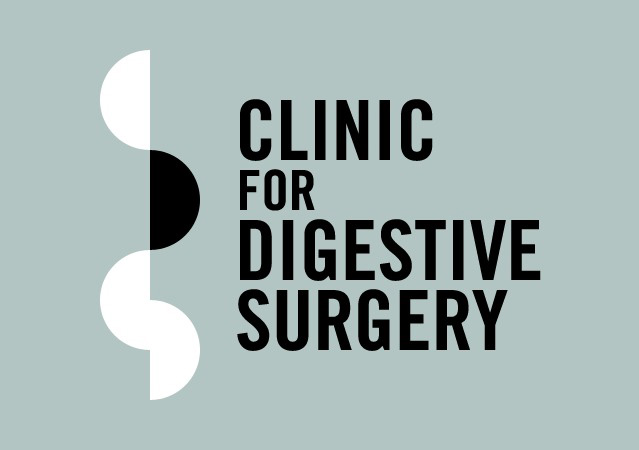Abdominal distension is a frequent symptom that can be emotionally and physically upsetting. It is characterised by a painful swelling or bloating in the belly. Abdominal distension may be a harmless reaction to food habits, but it can also be a sign of underlying digestive issues that need to be treated by a doctor. Determining the best course of action requires an understanding of the probable reasons of abdominal distension, which include numerous digestive problems and ascites, or an accumulation of fluid in the belly.
What Does Abdominal Distension Look Like?
Depending on the underlying reason, abdominal distension can manifest itself in a number of ways:
- Visible Swelling – The most obvious symptom is a considerable gain in belly circumference, which could get worse during the day.
- Bloating – A sensation of fullness, constriction, or discomfort in the lower belly that is frequently followed by burping or gas.
- Ache or Discomfort – Some people may feel a sharp ache in their belly or cramps.
- Shortness of Breath – Breathing difficulties can result from severe distension, especially if there is an accumulation of fluid, which presses on the diaphragm.
Common Digestive Conditions Causing Abdominal Distension
Abdominal distension can result from a number of digestive disorders, the most prevalent of which are:
Different Digestive Problems:
- Irritable Bowel Syndrome – Irregular bowel movements and gas accumulation are prominent symptoms of IBS, a gastrointestinal illness that can lead to bloating and distension in the abdomen.
- Food Intolerances – When the digestive system finds it difficult to handle particular foods, conditions including lactose intolerance, gluten sensitivity, and others can result in bloating and distension.
Ascites (Fluid Buildup in the Abdomen):
Ascites, or fluid buildup in the abdomen, is a condition where fluid builds up in the peritoneal cavity. Liver disease, heart failure, and cancer are the main causes of ascites. This illness causes a noticeable distension of the abdomen along with discomfort and a heaviness in the abdomen. Ascites is a dangerous medical illness that has to be evaluated and treated right away because it might be a sign of major underlying health problems.
Intestinal obstruction:
A bowel obstruction is a problem that happens when something fully or partly blocks either your large or small intestine. It can be due to adhesion bands, inflammation causing stricture or intestinal tumours.
When to Seek Medical Advice
If abdominal distension persists or is accompanied by other symptoms, it may indicate a more serious medical condition. You ought to consult a doctor if:
- Severe or Persistent Distension – If the distension does not go away or gets worse over time, there may be an underlying medical concern that has to be addressed.
- Complementary Symptoms – It’s critical to see a doctor if you have any extra symptoms, such as excruciating pain, vomiting, weight loss, or jaundice.
- Shortness of Breath – Shortness of breath may indicate ascites or another dangerous ailment if the distension results in it.
How to Diagnose Abdominal Distension
A combination of the patient’s medical history, physical examination, and diagnostic tests is usually used to determine the cause of abdominal distension:
- Physical Exam – A medical professional will look for lumps, soreness, or swelling in the abdomen.
- Blood Tests – Blood tests may be performed to assess the presence of infections, diseases, or other factors that may contribute to distension.
- Imaging Research – The abdomen can be seen using ultrasound, CT scan, or X-ray to detect any obstructions, lumps, or fluid accumulation.
- Endoscope – To check for anomalies within the digestive tract, an endoscope may occasionally be conducted.
Treatment for Abdominal Distension
The underlying cause of abdominal distension determines the course of treatment:
- Dietary Modifications – Reducing the consumption of foods that cause symptoms, such as gluten, can help people with food intolerances or IBS feel better.
- Medication – Medication may be recommended to cure infections, control IBS symptoms, or lessen bloating, depending on the underlying reason.
- Ascites Drainage – To reduce pressure and discomfort, it could be necessary to remove extra fluid from the abdomen in situations of ascites. The term paracentesis refers to this process.
- Surgical Intervention – To remove the growth or obstruction that is causing the distension, surgery may be required if it is an ovarian cyst due to gastrointestinal obstruction, or tumour.
Book a Call
Diagnosing and treating disorders that can lead to abdominal distension is our area of expertise at Clinic for Digestive Surgery. Our group of skilled specialists is committed to provide complete care, including diagnosis, treatment, and aftercare. Make an appointment with us right away if you’re suffering with abdominal distension so you can get the support and information you require.














